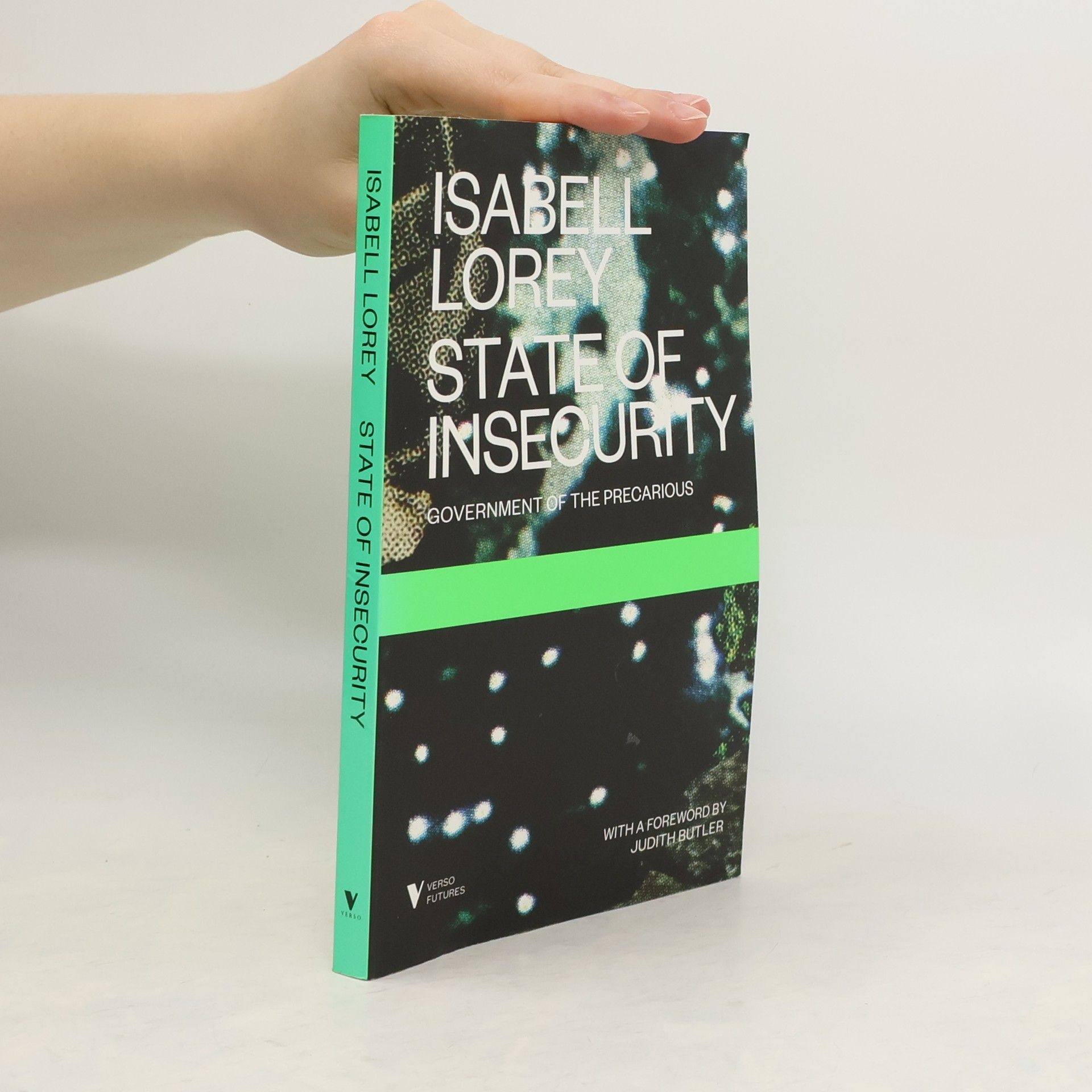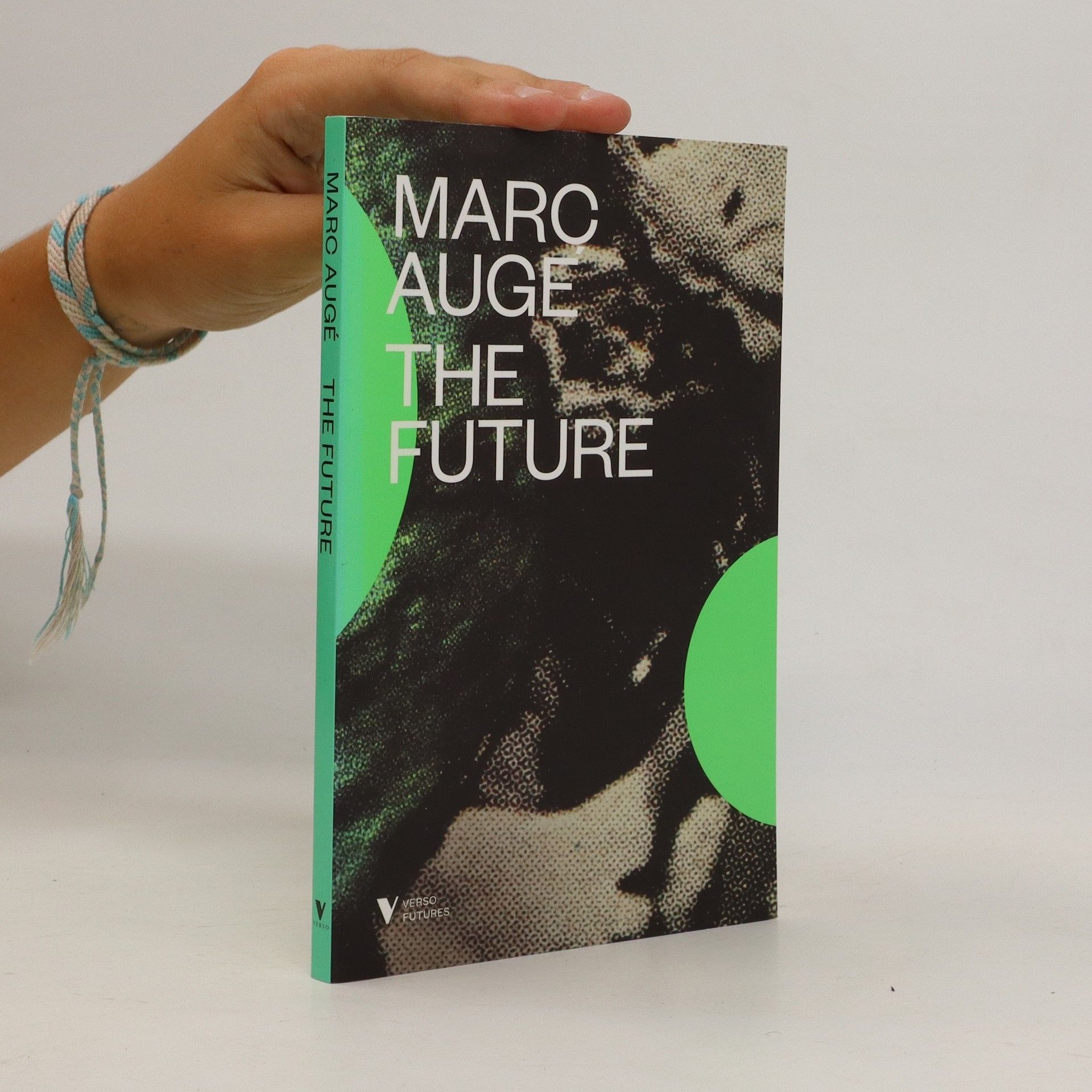State of Insecurity: Government of the Precarious
- 236pagine
- 9 ore di lettura
Charting the emergence of a new and disobedient self-government of the precarious.
Questa serie si addentra nelle profondità del futuro, esplorando le intricate connessioni tra progresso tecnologico, cambiamenti sociali e la condizione umana. Ogni narrazione svela nuovi mondi e potenziali traiettorie per la nostra civiltà. È una riflessione su come l'umanità si adatta a trasformazioni radicali e cosa ciò significa per la nostra identità e libertà. Questa raccolta sfida i lettori a riflettere sul nostro percorso attuale e su dove potrebbe condurci.






Charting the emergence of a new and disobedient self-government of the precarious.
For Marc Augé, best-selling author of Non-Places, the prevailing idea of “the Future” rests on our present fears of the contemporary world. It is to the future that we look for redemption and progress; but it is also where we project our personal and apocalyptic anxieties. By questioning notions of certainty, truth, and totality, Augé finds ways to separate the future from our eternal, terrified present and liberates the mind to allow it to conceptualize our possible futures afresh.
This book places two key notions up against each other to imagine a new way of conceptualizing historical time.
Von der Columbine High School bis zum Batman-Kino-Massaker in Aurora, Amokläufe sind in den letzen Jahren zu einer grausigen Routine geworden. Hinzu treten scheinbar ideologisch oder religiös motivierte Massenmorde wie die von Anders Breivik oder islamistischer Terrorkommandos. All diese Wahnsinnstaten faszinieren und verstören und lassen uns letztlich ratlos zurück. Franco »Bifo« Berardi nähert sich diesen Abgründen der Gegenwart mit detektivischer Akribie: Er erstellt Fallstudien, liest die Manifeste der Attentäter und analysiert die Gemeinsamkeiten im Drang zum zerstörerischen Selbstmord. Entgegen individueller Dämonisierungen gelingt es ihm, die Schreckenstaten als epidemisches Phänomen zu deuten. In ihrer Rache an der Gesellschaft treiben die Täter das gesellschaftliche Prinzip des ›Survival of the fittest‹ auf die Spitze: Man kann nur noch gewinnen, wenn man andere Leben zerstört. So beweisen sie sich zumindest einmal in ihrem Leben, die Geschicke der Welt zu lenken, Herr übers eigene Dasein, eben Helden zu sein.
What is the relationship between capitalism and mental health? In his most unsettling book to date, Franco “Bifo” Berardi embarks on an exhilarating journey through philosophy, psychoanalysis and current events, searching for the social roots of the mental malaise of our age. Spanning an array of horrors – the Aurora “Joker” killer; Anders Breivik; American school massacres; the suicide epidemic in Korea and Japan; and the recent spate of “austerity” suicides in Europe – Heroes dares to explore the darkest shadow cast by the contemporary obsession with relentless competition and hyper-connectivity. In a volume that crowns four decades of radical intellectual work, Berardi develops the psychoanalytical insights of his friend Félix Guattari and proposes dystopian irony as a strategy to disentangle ourselves from the deadly embrace of absolute capitalism.From the Trade Paperback edition.
Author of the influential Relational Aesthetics examines the dynamics of ideology
Un’infinita possibilità di connessione e di informazione ci rende veramente soggetti liberi? Partendo da questo interrogativo, Han tratteggia la nuova società del controllo psicopolitico, che non si impone con divieti e non ci obbliga al silenzio: ci invita invece di continuo a comunicare, a condividere, a partecipare, a esprimere opinioni e desideri, a raccontare la nostra vita. Con un volto amichevole ci seduce e ci lusinga, mappa la nostra psiche e la quantifica attraverso i big data, ci stimola all’uso di dispositivi di automonitoraggio, ottimizzando le nostre prestazioni. Nel panottico digitale del nuovo millennio – con internet, gli smartphone e i Google Glass – non si viene torturati, ma twittati o postati, il soggetto e la sua psiche diventano produttori attivi di beni immateriali, i dati personali e le emozioni sono costantemente monetizzati e commercializzati. In questo suo saggio, Han pone l’attenzione sul cambio di paradigma che stiamo vivendo, mostrando come la libertà oggi vada incontro a una fatale dialettica che la porta a rovesciarsi in costrizione: per ridefinirla è necessario diventare eretici, rivolgersi alla libera scelta, alla non conformità.